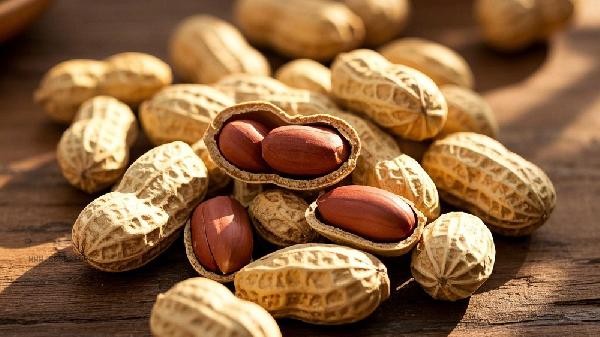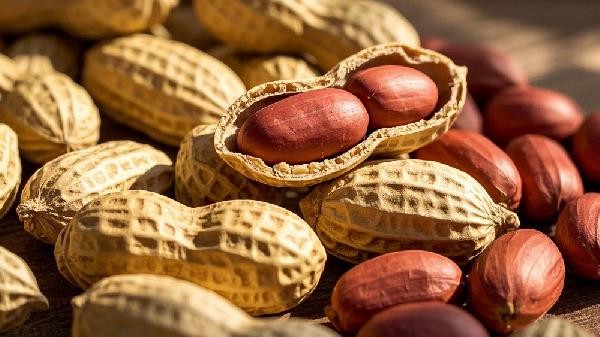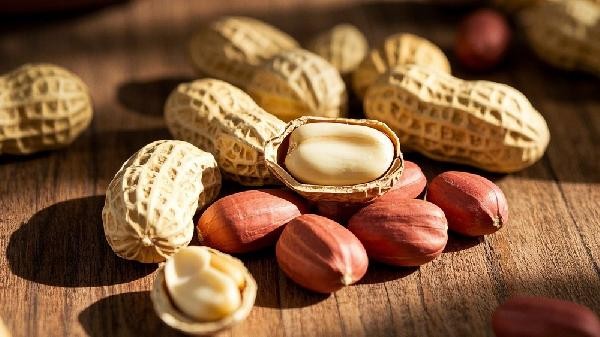The simplest way to cook peanuts until soft and tender is to soak them in advance and then simmer over low heat. Soaking peanuts thoroughly can shorten cooking time, and slow cooking over low heat can maintain even water penetration and avoid external softness and internal hardness. Dried peanuts have a hard texture, and boiling them directly can easily cause the skin to rupture and the interior to remain unripe. Soak the peanuts in clean water for at least 6 hours in advance to allow them to fully absorb water and expand, resulting in a relaxed cell structure. When soaking, the water should be completely submerged in peanuts, and it can be refrigerated in summer to prevent spoilage. When cooking, use a clay pot or thick bottomed pot, add water to twice the height of the peanuts, bring to a boil on high heat, then turn to low heat to maintain a slight boiling state, avoid frequent stirring, and prevent starch precipitation from causing the soup to become cloudy. Ordinary peanuts can be cooked for about 40 minutes to soften and rot. Purple skinned peanuts need to be extended to 1 hour due to their thicker skin. Using chopsticks to lightly press and easily penetrate indicates maturity. If you are in a hurry, you can use a pressure cooker to accelerate softening, soak for 2 hours, and then steam under high pressure for 15 minutes. However, high-pressure cooking may cause some peanuts to break in shape, making them suitable for making peanut soup or dessert toppings. Before cooking peeled peanuts, a small incision can be made with a knife to help water penetrate. For peeled peanuts, the cooking time should be reduced to prevent excessive softening and rotting. During the cooking process, a small amount of salt or edible alkali can be added to change the osmotic pressure and promote water absorption, but excessive alkali can damage vitamin B1.

The cooked peanuts can be packaged with soup and frozen for one month, and when reheated, the taste is close to fresh cooking. Soft and tender peanuts are suitable for the elderly and children to consume. They can be paired with red dates and yam to enhance the spleen strengthening effect, or stewed with pig trotters to supplement collagen. For those with weak gastrointestinal function, it is recommended to filter out the coarse fibrous epidermis, and the consumption should be controlled during the acute phase of peptic ulcer. Dry peanuts should be sealed and moisture-proof for daily storage to avoid contamination by aspergillus flavus. Before cooking, be careful to remove moldy particles.











Comments (0)
Leave a Comment
No comments yet
Be the first to share your thoughts!